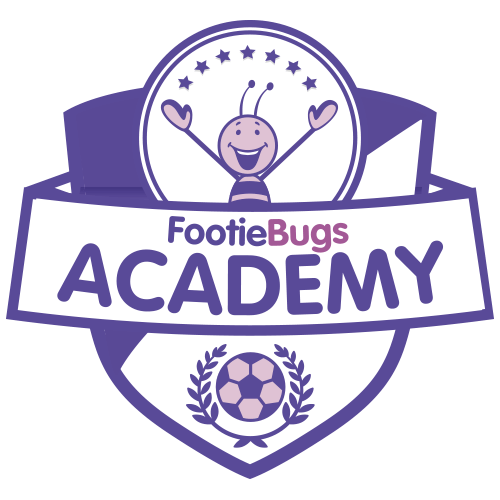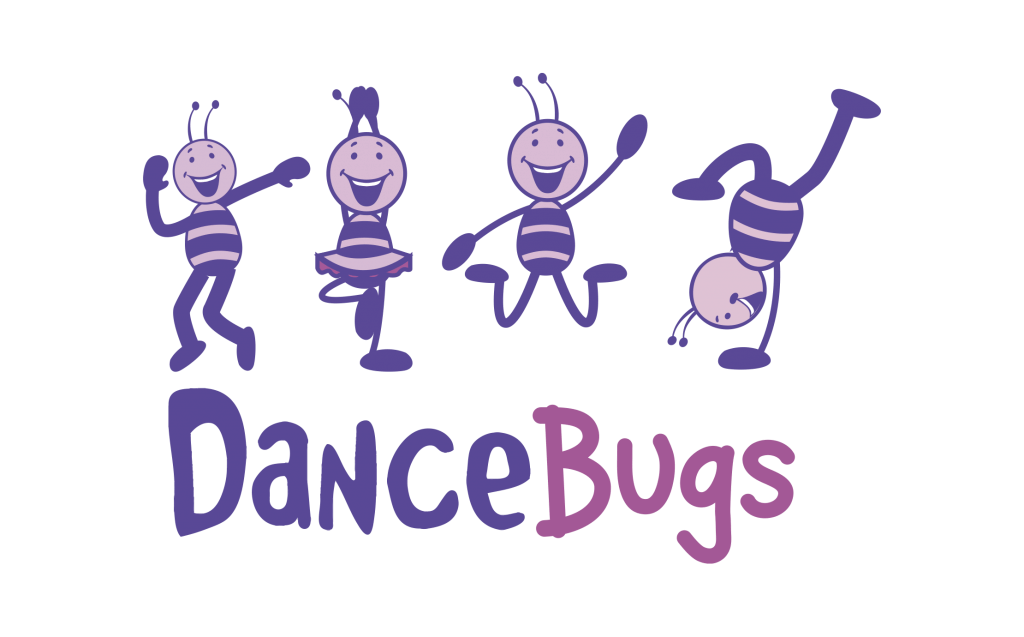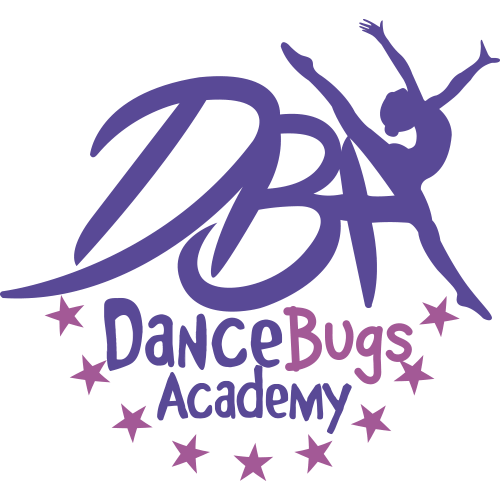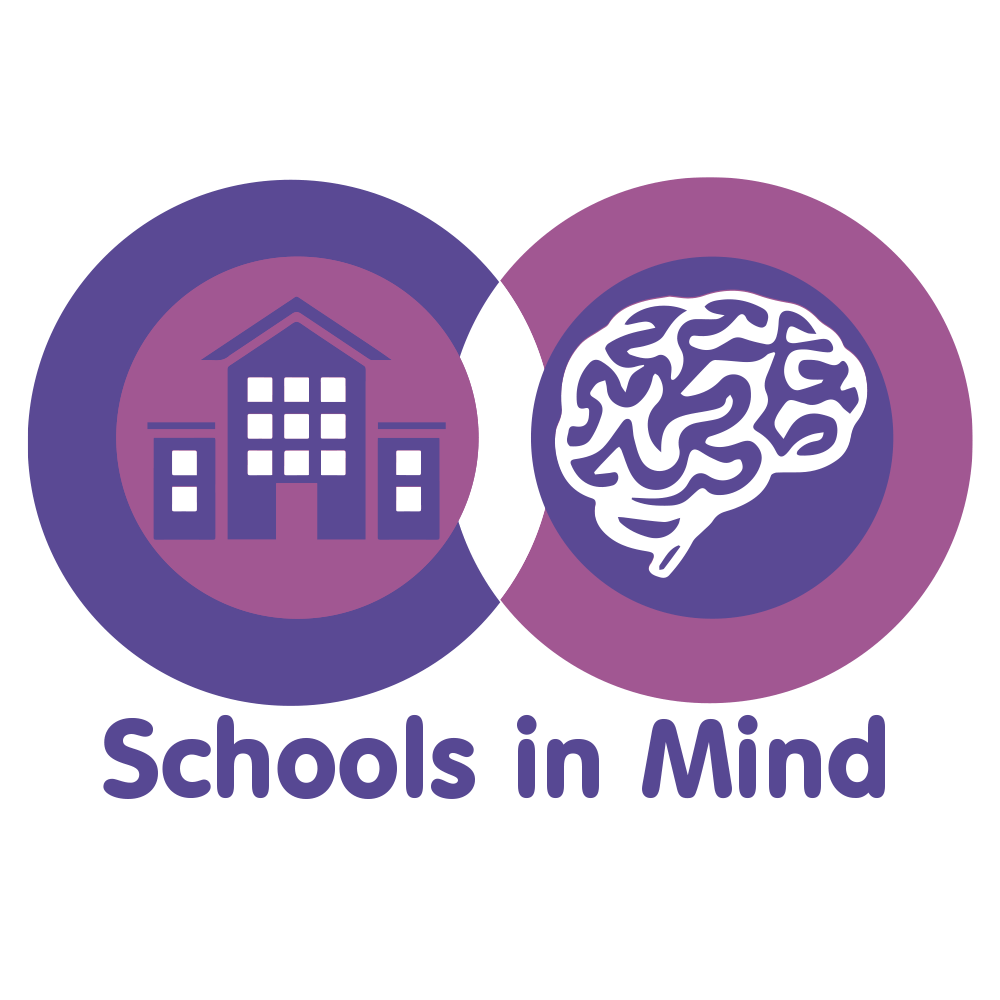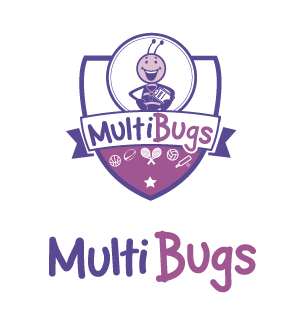Module 2- Learning and Cognition
Interested?
Dyslexia
This section teaches those working in education settings how to support children and young people with dyslexia. It explores the main definition of dyslexia and the concept of neurodiversity, as well as common co-occurring difficulties. The section stresses the crucial importance of early identification and support in improving outcomes for children.
By the end of this course, you will be able to…
Understand what dyslexia is and how it impacts children’s learning and their day-to-day life
Understand the characteristic traits of dyslexia
Understand the signs of dyslexia in children at an early age, during their primary years, and in teenagers, and what you should do if you believe a child has dyslexia
Understand the process of having a child tested for dyslexia
Understand how to ensure children with dyslexia thrive at school and at home

Interested?

Dyspraxia
In this section you will develop your understanding of how dyspraxia, and co-occurring difficulties, can impact learning behaviours in the classroom. You will also have the opportunity to analyse and review different interventions that could be launched in your setting.
By the end of this course, you will be able to…
Have an in-depth knowledge of what dyspraxia is
Understand how it affects people
Know what different coping strategies might be useful
Interested?
Dysgraphia
While many learning challenges can be difficult to define, dysgraphia is especially tricky. That’s because at its core, dysgraphia is an issue with transcription that includes difficulty with handwriting, typing, and spelling; however, because these skills are closely related to so many facets of learning, dysgraphia is often hard to identify.
In this section you will develop your understanding of how dyspraxia, and co-occurring difficulties, can impact learning behaviours in the classroom. You will also have the opportunity to analyse and review different interventions that could be launched in your setting.
By the end of this course, you will be able to…
- Have an in-depth knowledge of what dysgraphia is
- Understand how it affects people
- Know what different coping strategies might be useful

Interested?

Dyscalculia
You will gain a deeper understanding of dyscalculia, appraise a range of teaching and learning approaches, and critically reflect upon the difficulties that learners with dyscalculia may have to overcome in order to achieve their full potential in mathematics.
Additionally, you will develop the ability to screen, assess, report and plan intervention programmes for learners with dyscalculia.
By the end of this course, you will be able to…
- Have an in-depth knowledge of what dyscalculia is
- Understand how it affects people
- Know what different coping strategies might be useful
Interested?

Global Development Delay
Global developmental delay is likely to have a significant impact on a child’s ability to access education and the manner in which they are educated.
The number of areas in which a child is delayed, and the extent to which they are delayed, varies significantly within the overall diagnosis. In all cases global developmental delay will result in special educational needs (SEN).
By the end of the course, you will be able to…
- Have an in-depth knowledge of what GDD is
- Understand how it impacts on pupils/students
- Have a useful summary of the diagnosis
- Provide a wealth of ideas to better support the child in all areas




